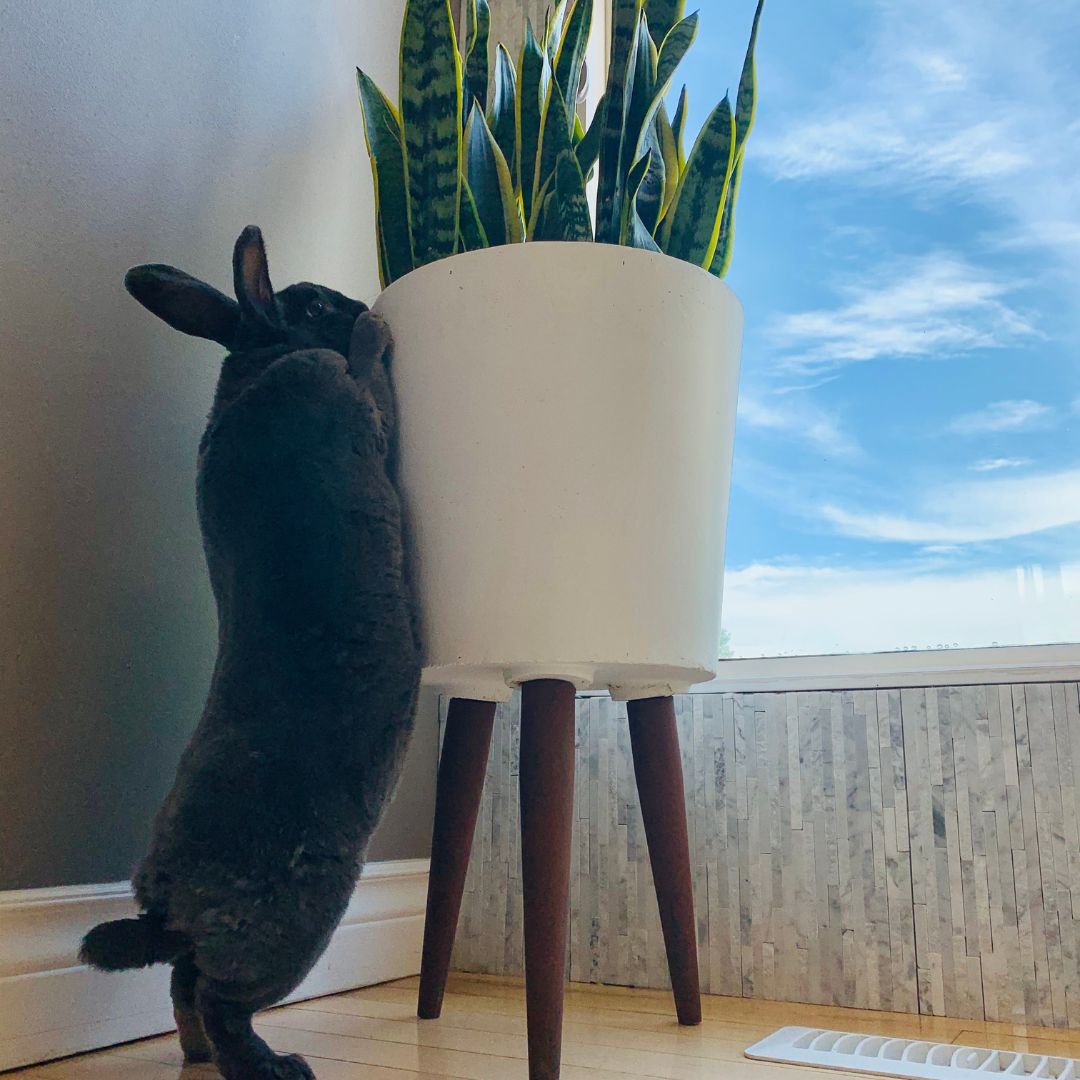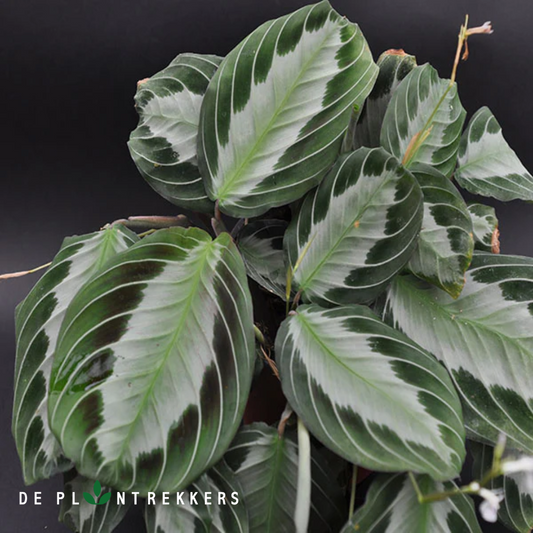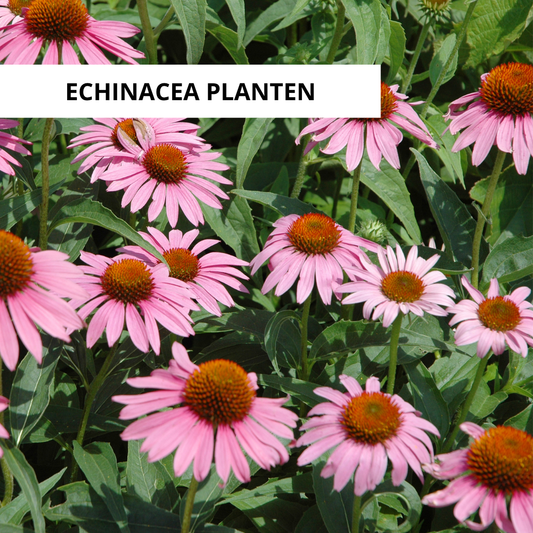
Poisonous Houseplants to Avoid with Pets
Share
Houseplants can be a beautiful addition to your interior. They bring life, color and a touch of nature into your home. However, not all houseplants are suitable for households with children or pets. Some plants contain toxic substances that can be harmful if ingested or touched. It is therefore important to be aware of these plants and ensure that they are kept out of reach of children and pets. We list the most common toxic houseplants for you here, so that you can make a well-considered choice when choosing plants for your home. Looking for plants that are not toxic? Discover our list of non-toxic houseplants here
Monstera Deliciosa - The Hole Plant
The Monstera Deliciosa, also known as the Swiss Cheese Plant, is a popular houseplant because of its distinctive leaves with holes in them. This plant is known for its air purifying properties, but be careful if you have pets. Although the Monstera Deliciosa is not poisonous to humans, the stems and leaves can be harmful to pets if ingested.
Dieffenbachia - The Dieffenbachia
The Dieffenbachia is a beautiful plant with beautiful leaves that is often chosen for its decorative value. However, if you have children or pets, it is wise not to take this plant into your home. The sap of the Dieffenbachia is very poisonous and can cause swelling and a burning sensation if ingested. It is therefore advisable to be careful when pruning this plant and to ensure that the sap does not come into contact with your skin.
Cactus Euphorbia - The Cactus
Cacti are popular houseplants because they are easy to maintain. They require little water and are generally easy to care for. However, when repotting a cactus, it can release sap that is toxic to humans. If the sap comes into contact with the skin, it can cause a burning sensation or even blisters. Ingestion of the sap can lead to nausea and diarrhea, while contact with the eyes can cause serious eye inflammation. Fortunately, pets stay a safe distance from this poisonous plant because of its spines.
Alocasia's - Elephant Ear
The Elephant Ear, also known as Alocasia, owes its name to the shape of its leaves. Although the sap of this plant can cause irritation to the skin and mucous membranes, it is less toxic than the sap of the Cactus Euphorbia. Nevertheless, it is important to be careful and avoid direct contact with the sap.
Zamioculcas - The ZZ Plant
The Zamioculcas, also known as the ZZ plant, is a popular houseplant because of its ease of care. This plant is slightly toxic to both humans and animals, but the effects are generally mild. Touching the plant can cause an irritating reaction on the skin. If you have babies or small children, it is advisable to wash their hands after touching the plant, as their sensitive skin can react more strongly. However, pets can become ill if they eat the plant.
Aloe Vera - The Wonder Plant
The Aloe Vera is a popular houseplant because of its minimal care requirements and the many applications of the sap and gel in care products. Although Aloe Vera has a caring effect for humans, the plant is dangerous for pets. Ingestion of the plant can lead to vomiting and diarrhea in pets. It is therefore important to ensure that pets do not have access to the Aloe Vera.
Epipremnum - pothos
The epipremnums are well-known and beloved hanging plants. They grow quickly and are very easy to maintain. For adults this plant is not that bad but for pets and small children we recommend to put it out of reach. The long strings are often a big temptation for your pets to play with. If they do take a bite out of it we advise you to contact the vet because the sap can cause irritation.
Other plants
The list of plants that are poisonous to pets is very long. If you are still in doubt about your plant, do not hesitate to contact us and we will be happy to help you!




